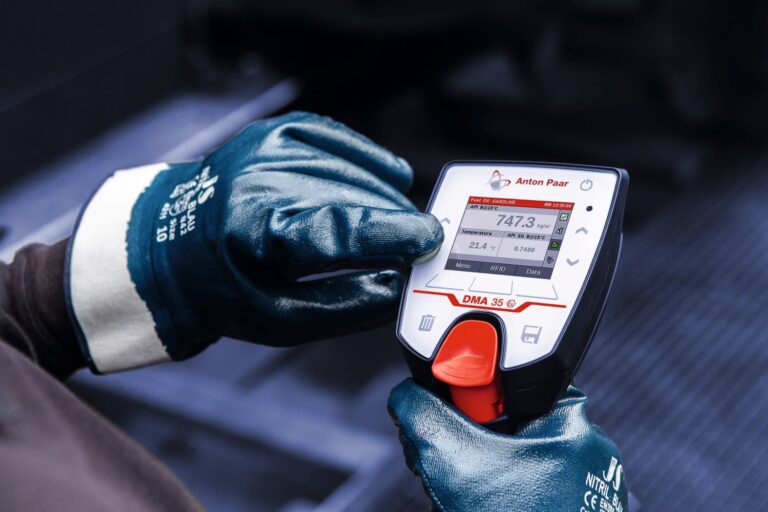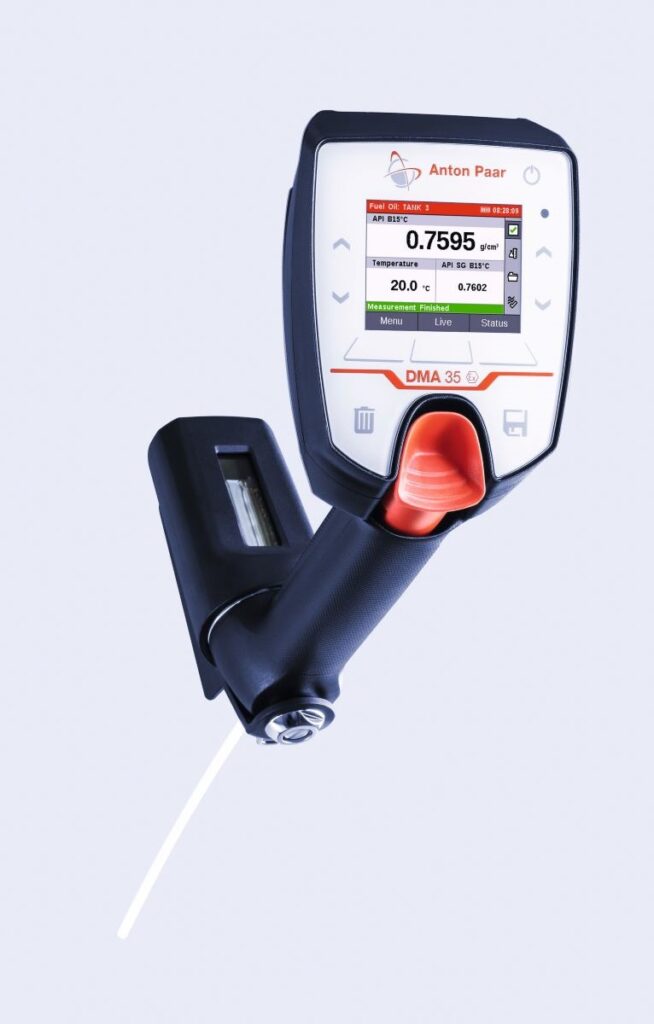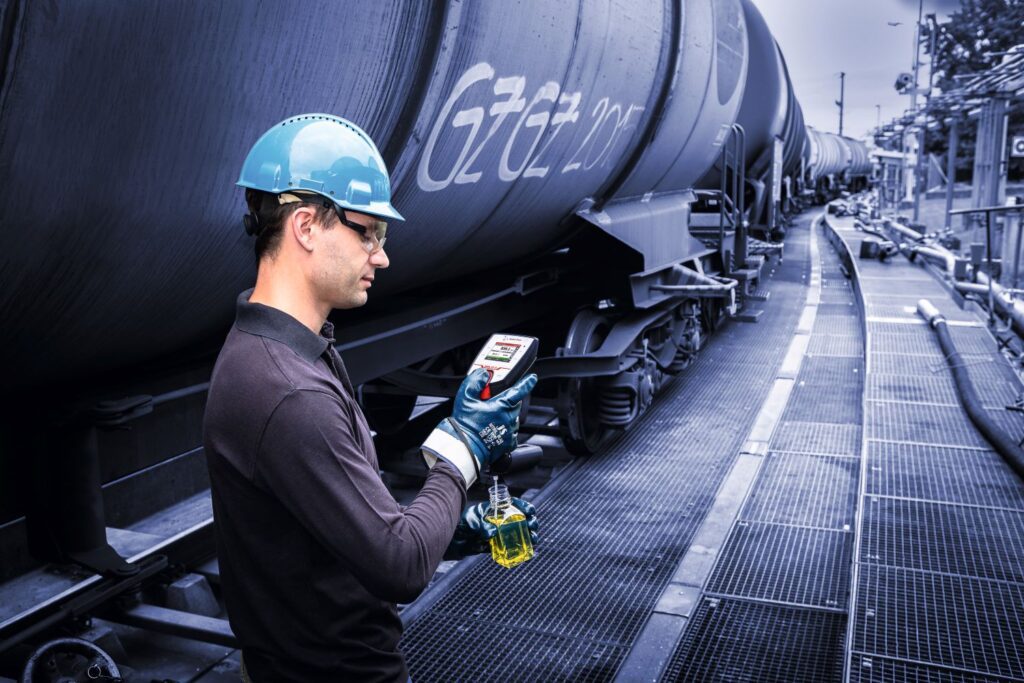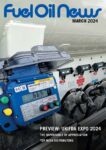
Anton Paar has covered all this, and more, with the market-leading DMA 35 Ex Petrol for measuring petroleum samples. This splash-proof, portable density meter is made for density and concentration measurement in harsh environments, including outdoor operation, while providing the accuracy expected from a lab instrument. The Ex Petrol version of the DMA 35 density meter is, due to its special housing, also resistant to biodiesel and petroleum diesel mixtures as well as pure diesel fuel.
Prefect traceability
When measuring multiple fuel samples, it is essential to be able to easily accommodate your data. With an RFID interface, the DMA 35 can store up to 250 IDs for easy sample identification and up to 1024 measurement results, including time stamp, to ensure perfect traceability of density and concentration results.
Specifically designed for on-site measurements, the DMA 35 replaces all the glass hydrometers in your workplace and gives you the accuracy expected from a lab instrument. The meter can be loaded with the sample in just one second, regardless of the viscosity, using the built-in manual pump or a syringe and requires only two millilitres of sample. With no need to transport the sample to the lab the DMA 35 saves you time and money and is built to withstand the knocks and spills of outdoor use.
An RFID interface for quick sample identification and a Bluetooth® interface for convenient data handling in the field are integral parts of the instrument.

Portable Density Meter: DMA 35 Ex Petrol benefits:
- Designed specifically for the measurement of petroleum samples in hazardous environments
- The only intrinsically safe portable density meter on the market (Ex marking [Ex] II 2 G Ex ib IIB T4)
- Fully complies with ASTM D7777 and IP 559 standards
- Protection class IP54
- Fastest filling and measurement – for a huge variety of samples
- Perfect traceability of density and concentration results
A wealth of experience
Anton Paar has been at the forefront of the global market in density measurement for more than half a century and producing portable density meters since 1981. The DMA 35 has all the additional features you would expect from a product developer with this wealth of experience.
Smart oscillator placement makes sure that gas bubbles move to where they can’t affect your result: outside the measuring cell. The leak-proof sealed housing is built to withstand harsh conditions in industrial and field applications, and you can rest assured that the additional rubber protection keeps the measuring cell safe. Suitable for both left- and right-handed users, operation is via capacitive keys so sensitive they can be used with gloves.
The DMA 35 also has RFID tag readings for measurement start or abort, via gesture control for easy one-handed measurements leaving one hand free to hold you steady with hard-to-reach samples. Measurements are possible for sample temperatures up to 100 °C with results available in seconds. Wireless data exchange with a PC (csv or txt format) and data export to a printer via Bluetooth® allows for convenient data handling in the field with no extra software required.

With the smart patented oscillator connection (AT516421 B1, EP3015847 B1) that permits replacement in case of cell rupture, an inspection window and backlight for convenient inspection of proper sample filling and no expensive electrical wearing parts so that you can easily do all cleaning and maintenance work yourself it does feel that Anton Paar have thought of everything with their new generation of density meters. You can read more about the DMA 35 Ex Petrol here.
Application report available: density measurement of biodiesel
Spanning the whole production process from monitoring of raw material to quality control of the final product, the applications for Anton Paar’s digital density meters in the biodiesel production process are manifold.
Biodiesel is a renewable fuel made from fats or oils of plant or animal origin. Pure biodiesel, also known as FAME (fatty acid methyl ester), is referred to as B100.
Biodiesel is miscible with petroleum diesel in any ratio and is used as an additive to automotive diesel fuel (e.g. B7 referring to a blend that contains 7 % biodiesel according to standards) and as a fuel for heating purposes.
The application report, available from Anton Paar, considers how density measurement throughout the process ensures both optimisation of production costs and the fulfilment of the required standards of the final product.
You can download the application report here
